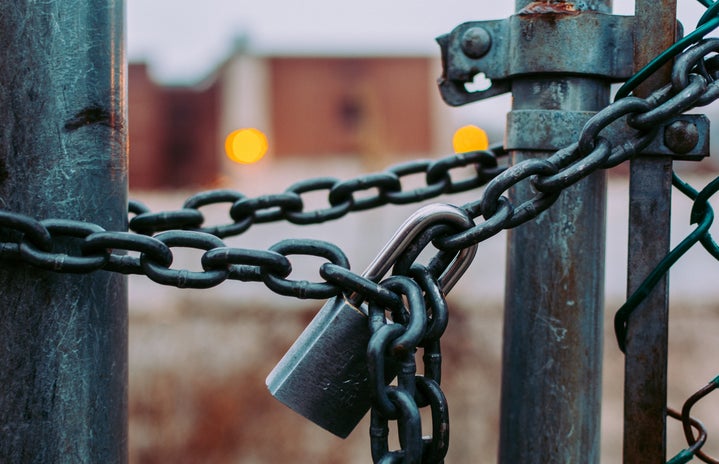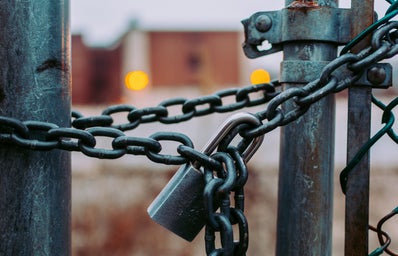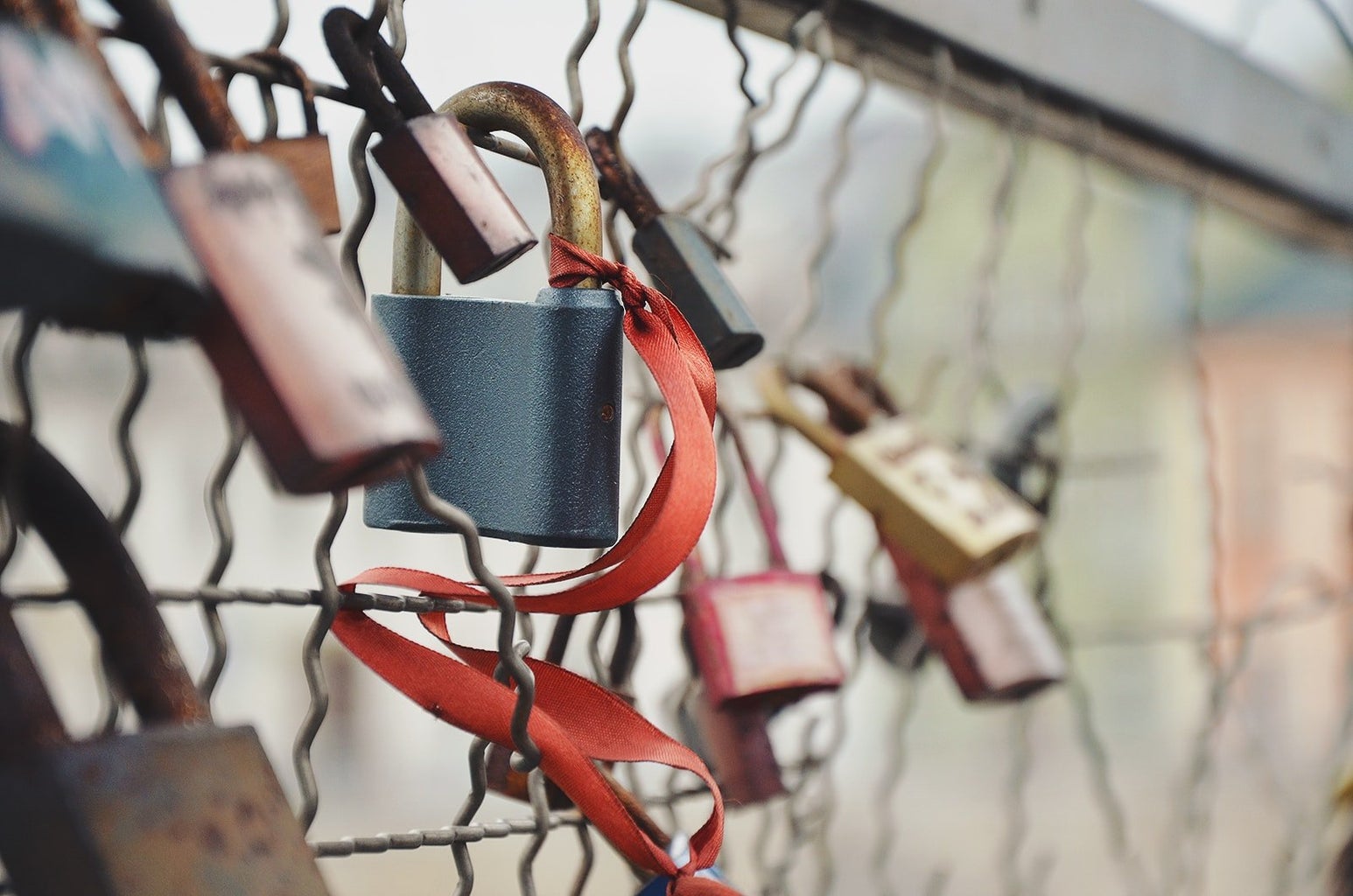There are a lot of ways to practice self-care: spa days, painting, taking naps, playlist-making, drinking coffee, crocheting, playing sports, the list goes on. We have an endless outlet of self-care routines and activities. However, according to therapists, ending friendships can be another source of self-care. Sometimes, friendships end because of a major conflict, but other times, they just fizzle out because everyone involved has outgrown the friendship. However, ending friendships or thinking about ending friendships stems from attachment — lasting psychological connectedness between human beings.
Attachment and its effects
The attachment theory, developed by British psychologist John Bowlby, says that “a strong emotional and physical attachment to at least one primary caregiver is critical to personal development.” The four types of attachment are secure, anxious-insecure, avoidant-insecure, and disorganized-insecure (also known as anxious-avoidant style). Our attachment styles, in turn, affect how we approach relationships. Experts Lawrence Robinson, Jeanne Segal, Ph.D., and Jaelline Jaffe, Ph.D. say that “your personality and intervening experiences during childhood, adolescence, and adult life can also play a role in shaping your attachment style.” For example, people with an avoidant dismissive attachment style tend to avoid emotional connection with others and prefer having others rely on them. On the contrary, people with a secure attachment style are comfortable with sharing their feelings, are able to maintain their emotional balance and seek healthy ways to manage conflict in a close relationship.
My Experience with friendships
In high school, I stuck with one friend group in a sea of many people. I’ve reflected a lot on friendships and all of the people we meet in our lives. There are some that’ll no doubt be with us for a long time, but there are others that we can or should let go of. For a while, I was in denial about abandoning the friendship because of our history. The attachment I had with that group of friends made me doubt ending the friendship. I feared that I was being too harsh or judgmental and looking for an escape before my friends abandoned me.
Due to my attachment style, I experienced what’s called the “dependence dilemma.” Since I’d been with the same group for so long, I clung to the idea of our friendship being permanent, but after much reflection, I realized that I had outgrown them. I’ve changed as a person in the past year or so, and I find myself more aware of how different I am from my old friends. Some minor conflicts we had during the year also factored into this realization. There was nothing major that was a catalyst for the end of our friendship; we just outgrew each other and that’s okay.
Letting go of friendships guilt-free
If you’ve also thought about ending friendships, here’s how to do so with grace and respect:
- Understand that it’s okay to let go of friendships
-
It’s easy to feel guilty for ending a friendship for whatever reason, but friends come and go in our lives. Sometimes it’s necessary to end friendships if they’re detrimental to our well-being.
- Be honest and talk about your own emotional availability and tolerance levels
-
Though it might be easier to let the friendship gradually fade out, the other person or people might want an explanation for closure. This is also a good opportunity to set boundaries with them and clarify any assumptions they or you will make.
- Set clear boundaries
-
Oftentimes some friendships fade out and some people might want to revive it. If you want the friendship to end and not have a chance of revival, be clear about this. Setting clear boundaries will help both parties move on and avoid miscommunication.
- Send well wishes and don’t dwell on it
-
Even if you actively wanted to end the friendship, it’s normal to still feel sad or guilty, especially if you were close to former friends. However, it’s normal for friends to come and go, and dwelling on a terminated friendship won’t be beneficial for your well-being.






